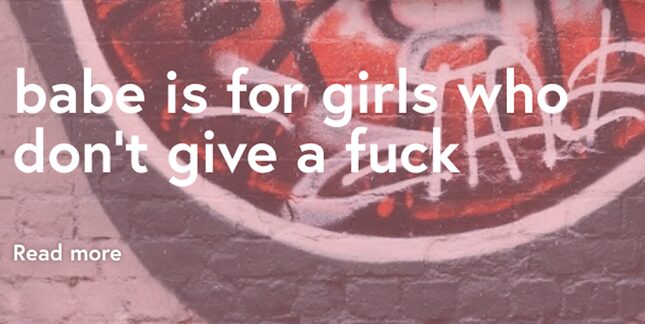Babe, You Deserved Better
Latest

Babe.net could have been a good website, and for a time, before it shut down in February, it really was. Its lack of self-consciousness and weird tendency for obsessive DM reporting represented the best of the lawless world of blogging, making it one of my favorite stops in my morning news trawls.
Then came the Aziz Ansari report in January 2018, which I wrote about, and the optimistic notion of the internet as a Wild West zone collided with the reality of reporting sensitive topics like sexual assault. The piece, by a young and promising reporter named Katie Way, generated a large amount of negative attention (myself included), and Babe seemed to shift its identity in the direction of the fallout—taking bigger swings (often written by then-News Editor Harry Shukman, who led their investigations) and framed, usually, with a mild sense of defiance for the journalistic gatekeeping that criticized it.
It was distressing and it was admirable—journalism is often inaccessible to young people and those lacking privilege; I loved its irreverence, a punch up at the institutions that often guard said privilege—and at times misguided, as though the lesson to be learned from the Aziz story was the conservative cudgel of old people, rather than a practical moment for self-reflection. (We all have them.)
-

-

-

-

-

-

-

-

-

-

-

-

-

-

-

-

-

-

-

-

-

-

-

-

-

-

-

-

-

-

-

-

-

-

-

-

-

-

-

-








































